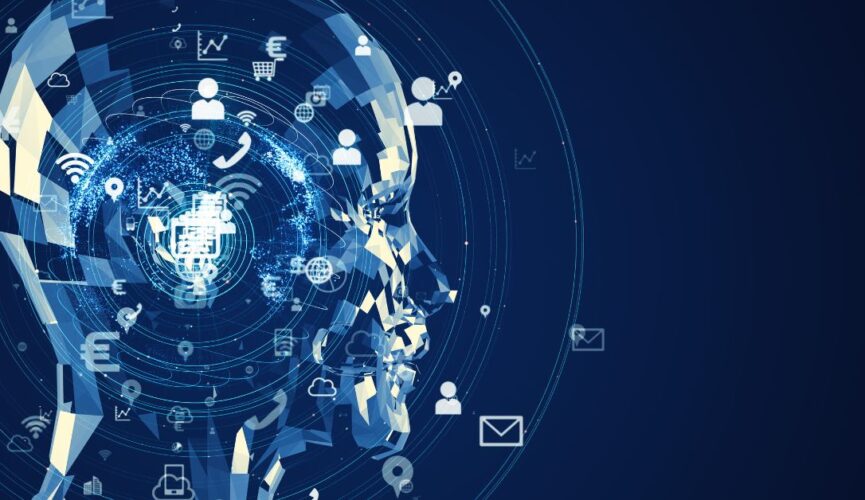In the rapidly evolving landscape of work, Artificial Intelligence (AI) is reshaping the dynamics of the workplace, ushering in a new era of productivity, efficiency, and collaboration. As we embark on a journey into the AI-powered workplace, we explore the transformative impact of intelligent technologies on jobs, skills, and the very nature of how we work.
Automation and Job Roles: Redefining the Workforce AI’s integration into the workplace is synonymous with automation, challenging the traditional structure of job roles. Routine tasks are being automated, freeing up human capital for more creative, strategic, and complex responsibilities. While some jobs may undergo transformation, new roles are emerging, emphasizing uniquely human skills that AI cannot replicate.
AI and Augmented Intelligence: A Collaborative Partnership Contrary to fears of job displacement, AI is ushering in the era of augmented intelligence. Collaborative partnerships between humans and machines enhance productivity and decision-making. AI tools assist workers in data analysis, problem-solving, and information retrieval, fostering a symbiotic relationship that leverages the strengths of both entities.
Remote Work Revolution: Facilitated by AI Technologies The rise of remote work is accelerated by AI technologies that enable seamless collaboration and communication. Virtual assistants, smart scheduling tools, and AI-driven project management platforms empower remote teams, bridging geographical gaps and enhancing the flexibility of work arrangements.
Skill Evolution: Embracing Lifelong Learning in the Digital Age The AI-powered workplace necessitates a paradigm shift in the skills demanded from the workforce. Continuous learning becomes imperative as technological advancements reshape industries. Adaptability, critical thinking, and digital literacy emerge as essential skills, emphasizing the need for a culture of lifelong learning to stay relevant in the ever-changing job market.
Enhanced Decision-Making: Leveraging AI Analytics AI empowers decision-makers with advanced analytics, offering insights derived from vast datasets. Predictive analytics, data-driven forecasting, and AI-powered simulations guide strategic decision-making, enabling organizations to navigate complexities and uncertainties with a heightened level of precision.
Employee Well-Being: AI’s Role in Work-Life Balance AI is playing a pivotal role in prioritizing employee well-being. Smart scheduling tools optimize workloads, reducing burnout and enhancing work-life balance. AI-driven wellness programs provide personalized support, addressing individual needs and fostering a healthier and more productive workforce.
Security and Ethical Considerations: Safeguarding the AI-Enabled Workplace As AI becomes integral to the workplace, security and ethical considerations gain prominence. Protecting sensitive data, ensuring algorithmic transparency, and addressing biases in AI systems become critical components of responsible AI implementation. A secure and ethical AI-enabled workplace is essential for fostering trust among employees and stakeholders.
Conclusion: The AI-powered workplace heralds a future where humans and machines collaborate, redefine job roles, and enhance overall productivity. Embracing this technological evolution requires a proactive approach to skill development, a commitment to lifelong learning, and a focus on ethical AI practices. As we navigate the path to an AI-powered future of work, the potential for innovation, efficiency, and job satisfaction unfolds.
